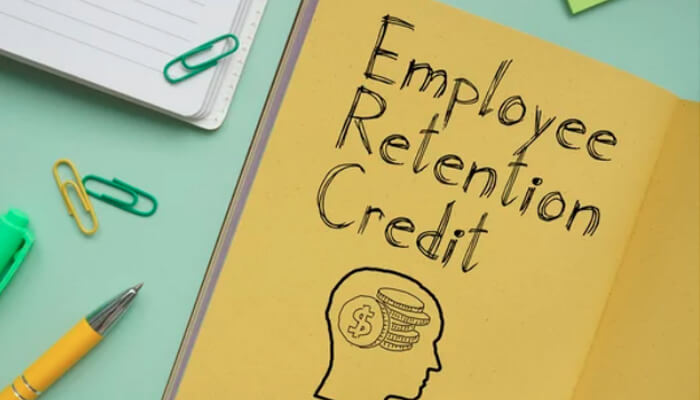Small to midsized businesses may still be eligible for a refundable tax credit that could earn businesses up to $21,000 per employee. The Employee Retention Tax Credit (ERC) was established under the CARES Act to financially support businesses as they work to recover post-pandemic. During the pandemic, many businesses across all industries saw a significant decline in gross receipts or were forced to suspend business operations either fully or partially due to government mandates.
The ERC refundable tax credit is still available to eligible businesses until April 15, 2024, for the 2020 tax year, and April 15, 2025, for the 2021 tax year.
Qualified Wages
To apply for the ERC tax credit, businesses must specify qualified wages paid to W-2 employees during either the 2020 or 2021 tax year. During the pandemic, some businesses paid wages to employees even if they were unable to work. The CARES Act incentivized businesses to keep employees on payroll during the pandemic through the ERC tax credit.
For the 2020 tax year, businesses can apply using qualified wages paid between March 12, 2020, and December 31, 2020. For the 2021 tax year, businesses can apply using qualified wages paid through September 30, 2021, while some recovery startup businesses are eligible until the end of the fourth quarter of 2021.
What disqualifies businesses from ERC?
While the ERC tax credit is a great way for businesses to recover financially, not all businesses are eligible. The IRS has warned businesses not to apply if they do not fully qualify for the ERC tax credit. There are plenty of ERC mills that scam businesses into applying for credit when they do not qualify. You should only apply for the ERC tax credit with the help of certified tax attorneys or tax consultants.
Too Many Employees
There is a limit to the number of employees a business can have on payroll to qualify for the ERC tax credit. For 2021, businesses cannot apply if they have more than 500 full-time employees. For 2020, businesses cannot apply if they have over 100 full-time employees.
Wages Used for PPP
Most businesses qualifying for the ERC tax credit may have also qualified for the Paycheck Protection Program (PPP) loan. Businesses cannot use the same qualified wages that they used towards a PPP loan for the ERC tax credit. Using these wages would result in a rejection or audit from the IRS.
Other ERC Disqualifiers
In addition to the limitations above, businesses can only apply for the ERC tax credit if they experienced one of the following:
- Business operations were fully or partially suspended due to government regulations during the 2020 or 2021 tax year
- Businesses saw a significant decline in gross receipts during the 2020 or 2021 tax year
Businesses that do not meet these criteria cannot apply for the Employee Retention Credit. If you are concerned about whether or not you apply, it is best to ask an experienced ERC consultant for help with the application to ensure that you do not miss out on the full amount you could receive from the tax credit.
Applying Before the Deadline
Although the deadlines for the ERC tax credit are not until 2024 and 2025, you should not wait long to apply. The ERC tax credit is in high demand, and the IRS has already experienced delays in approving applications. If you want to receive your refundable tax credit sooner, it is best to apply as soon as possible.
How to Get Approved Faster
Getting in line faster with the IRS can lead to a faster approval time for your refundable tax credit. To get in line faster, you should enlist the help of a certified ERC specialist to complete and submit your application. ERC specialists have experience dealing with applications to the IRS and will help you make sure that you have everything you need for the application, including helping you amend your 2020 or 2021 tax return.



